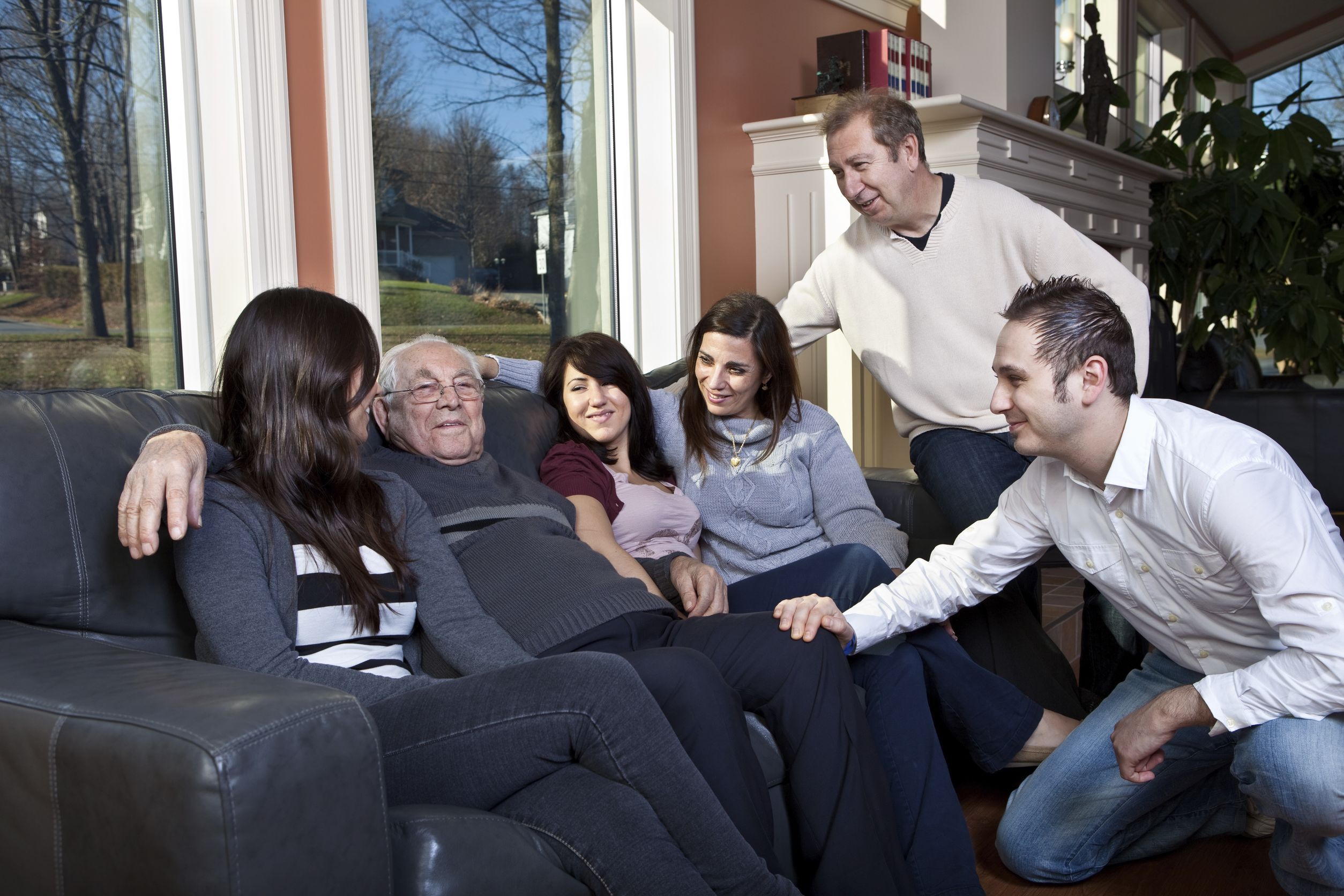If you’re like a lot of Floridians who have an elderly loved one living in a long-term care facility, chances are good that you paid them a visit over the holidays. Hopefully your experience there was happy and positive, and you were able to spend some valuable quality time with your loved one.
Some of you, however, may have had a different experience. Maybe your relative seemed quiet and withdrawn. Or excessively jumpy. Perhaps you noticed bruises or some other kind of physical harm. Or they were left alone for a surprisingly long period of time.
If you noticed something that seemed wrong, how can you tell if your loved one is experiencing nursing home abuse or neglect?
Nursing homes are where nearly two million Americans live. Unfortunately, reports of abuse and neglect are all too common. Nearly 500,000 cases are reported annually, and many more cases go unreported. If your loved one is being abused or neglected while living in a nursing home, you may notice the following signs, which need to be reported to The Florida Department of Elder Affairs.
The Physical Symptoms of Abuse and Neglect
What you want to look for is changes in your loved one’s appearance and behavior. The best way to keep track of these things is to visit your loved one as often as possible and watch for them.
Physical signs are often the easiest way to know your loved one isn’t receiving proper care, and may indicate sexual abuse.
Watch for:
- Bed sores
- Infections that have not been treated
- Illnesses that have not been reported
- Bruises
- Blood on clothing or sheets
- Falls or fractures
- Signs of a head injury: headaches, confusion, dizziness
- Stomachaches
- Lack of adequate nutrition or hydration
- Unkempt or dirty appearance
- Restraints that don’t match the situation, or signs of unnecessary restraint
- Hazy, unfocused thoughts that may indicate sedation
- Medication amounts don’t match with prescription dates
The Emotional Symptoms of Abuse and Neglect
Your loved one may show emotional signs from being hurt or neglected as well. Because of this, it’s important to develop good communication skills. Listen carefully to what your loved one says. If your loved one is avoidant, they may fear retaliation for speaking up.
If you have a sense of wrongdoing, trust your instincts and look for the following signs:
- Prolonged crying spells
- Sad or depressed mood
- Attitude that indicates low self-esteem
- Pronounced anxiety
- Increase in aggressive behavior
- Loss of interest in former favorite activities
The Social Symptoms of Abuse and Neglect
Your loved one may act differently around you, caretakers, or nursing home peers. Watch for these signs, and talk with a doctor or counselor if you notice any of them:
- Angry outbursts
- Biting other people
- Marked criticism of others
- Drawing away from touch
- Signs of fear around a specific person
- Withdrawal or refusal to cooperate
The Signs of Financial Exploitation
If someone is financially exploiting your loved one, these are the signs to watch for:
- Missing cash
- Large account withdrawals
- ATM withdrawals when your loved one is bedridden
- Unexplained charges
- Sudden financial situation changes
- Changes in power of attorney or wills
Related to financial exploitation, sometimes individuals or entities commit fraud using your loved one’s healthcare information. This is what you should watch for to know if fraud has occurred.
- Double billing
- Too much or not enough medication
- Facility problems (see below)
- Inadequate care though all bills are paid
The Signs of an Inadequate Facility
At every visit, ask yourself the following questions. Is the staff attentive to resident needs? Is the staff constantly stressed or chaotic, or is no one around? You can prosecute a nursing home for neglect, and the signs make look like this:
- Phone ringing with no answer
- Unsanitary conditions
- High turnover rate of staff
- Not enough workers on duty
- Questions go unanswered
How You Can Reduce Your Loved One’s Risk
If your loved one has experienced a head injury, stroke, Alzheimer’s disease, or dementia, it may be more difficult to tell if they are being abused or neglected. Also, these conditions predispose them to being targeted for abuse. It’s important to reduce the risks by helping your loved one maintain vibrant social contacts.
You also must be on alert about anyone who offers care, assistance, or friendship to your loved one. Watch nursing home staff members, residents, and other family members. It’s crucial to file a report if you sense something is wrong.
If you can’t regularly visit your loved one, find someone in the area you trust who can. Attentive care is the best way to reduce the risks of abuse or neglect. You may need to relocate your loved one to a new care facility that is more suited to his or her needs.
Reporting Abuse or Neglect
Depending on the situation, you may need to call a long-term care ombudsman, your loved one’s doctor, the police, and possibly a skilled Florida personal injury attorney to stop the abuse or neglect and get your loved one the help they need.
A lawyer with experience in elder abuse cases will be your best advocate and understand how to help you fight to improve your loved one’s situation and hold responsible parties liable for any harm they caused. Learn more by reaching out today for a free, confidential case review.
About the Author:
Jeffrey Braxton is a trial lawyer in Fort Lauderdale who has devoted his career to the practice of personal injury law. As lead trial attorney for the South Florida Injury Law Firm, Jeff has litigated thousands of cases and is a member of the Million Dollar Advocates Forum, an exclusive group of attorneys who have resolved cases in excess of one million dollars.





